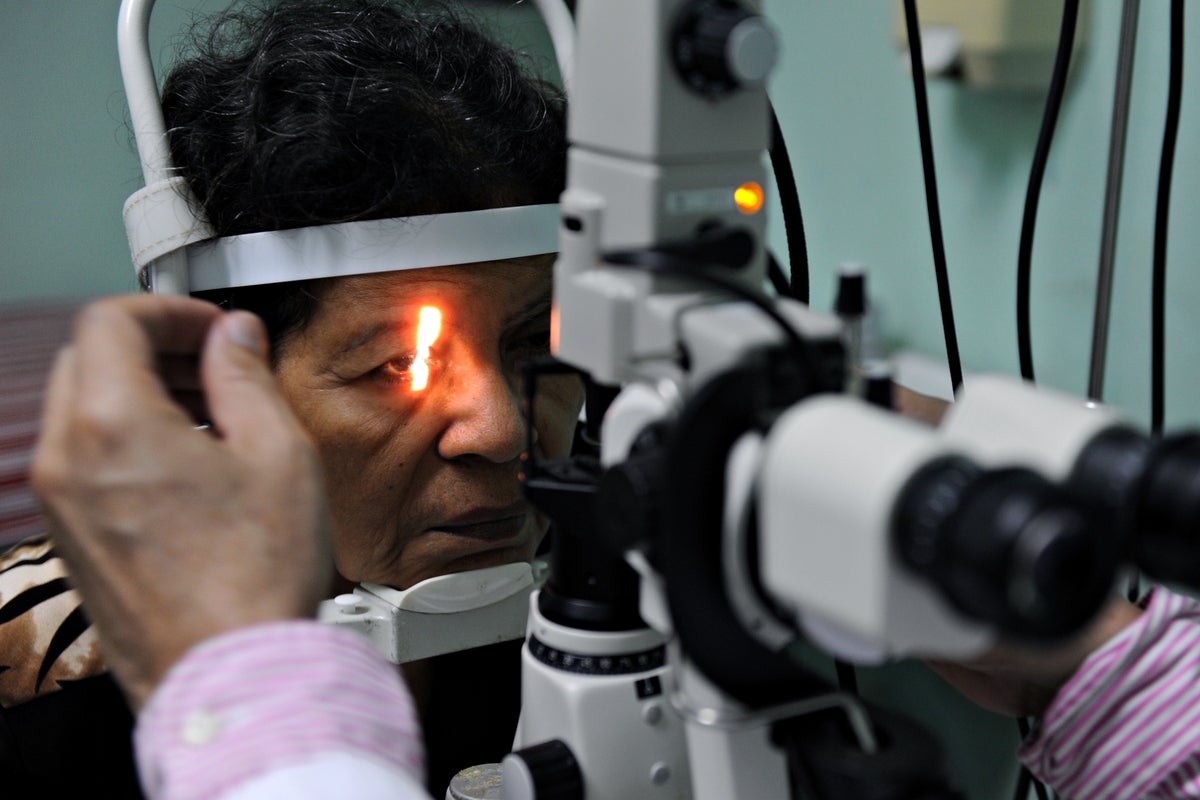Home / Health / Diabetes Drugs Linked to Rare Eye Conditions, Experts Urge Vigilance
Diabetes Drugs Linked to Rare Eye Conditions, Experts Urge Vigilance
16 Nov
Summary
- Weight-loss drugs may cause serious eye diseases leading to vision loss
- 1 in 2,500 patients on semaglutide or tirzepatide developed a rare eye condition
- Diabetes patients on weight-loss drugs need regular eye screenings

As of November 16th, 2025, researchers have found that weight-loss drugs prescribed to diabetes patients may lead to serious eye complications and even vision loss in some cases.
One study, published in JAMA, analyzed data from nearly 1.5 million people and discovered an elevated risk of optic nerve disorders in those with diabetes taking medications like semaglutide or tirzepatide. The research specifically flags a rare but devastating condition called non-arteritic anterior ischaemic optic neuropathy (NAION), where blood flow to the optic nerve is suddenly reduced or blocked, causing an "eye stroke". During the two-year follow-up period, 35 out of 159,000 patients on these weight-loss drugs developed NAION.
Another large study of 185,000 people, published in the same journal, links weight-loss drugs known as GLP-1 RAs to an increased risk of diabetic retinopathy, which refers to damage to the blood vessels in the retina. However, participants on GLP-1 drugs saw fewer vision-threatening complications from diabetic retinopathy compared to those taking other diabetes medications.
While researchers say the overall risk is low, they call for all diabetes patients on weight-loss drugs, regardless of pre-existing eye conditions, to be regularly screened and monitored for potential complications. They also emphasize the need for further long-term studies to better understand how these medications can impact eye health.




